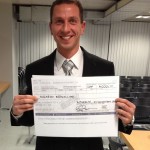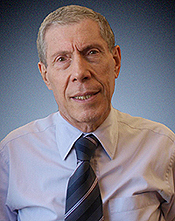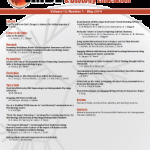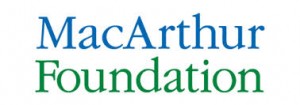
Most of the authors of two Molecular Cell papers have retracted them after becoming aware of inappropriate image manipulation by the first author of both — who refused to sign the notices.
One of the papers, “Role of the SEL1L:LC3-I Complex as an ERAD Tuning Receptor in the Mammalian ER,” earned first author Riccardo Bernasconi, who successfully defended his PhD in 2010, the STSBC-Roche Diagnostics award in 2012. Here’s the notice for that paper: Continue reading Researchers retract paper for which first author won an award — but won’t sign notice







